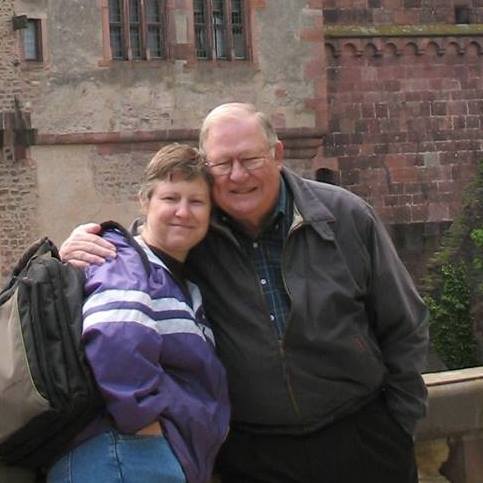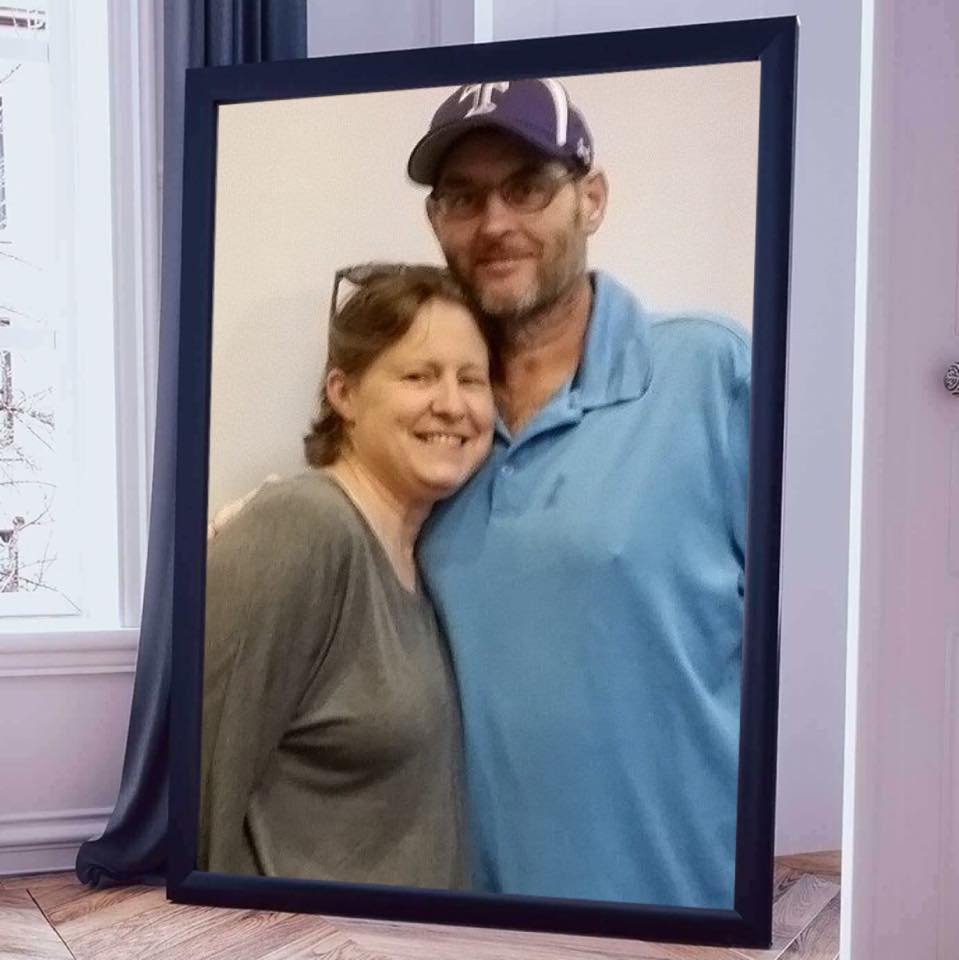With the advancement of research and drugs in the treatment of cancer, survivor’s guilt has become more common amongst cancer survivors.
According to Medical News Today, and other websites, survivor’s guilt is:
“When a person has feelings of guilt because they survived a life-threatening situation when others did not.”
I may have mentioned feeling survivor’s guilt in the past. And if so, I apologize for the duplication. So why am I bringing this up now, you ask?
I’m not really sure the best way to start this. So how about I start at the beginning.
When I was diagnosed with metastatic breast cancer in 2010 I did exactly the opposite of what everyone told me. I looked up the average life expectancy on the internet – turned out the average was about 3 years (and just so you know, that number has not really changed significantly in the 11 years since then).
I discovered along the way, that the average life expectancy included women and men who were diagnosed de novo (stage 4 from the start), and that there were women and men living longer than 3 years.
I also learned via my doctor that my life expectancy could be longer since the metastasis was all in my bones. He has told me on more than one occasion “as long as it stays just in your bones we can manage it.” Also, there are new drugs being developed all the time. In fact, the drug I am currently taking was only approved by the FDA in September 2017 – a full 7 years after my diagnosis.
When I hit the 3-year mark, I was surprised but grateful. Vowing to be thankful for my bonus time.
Fast forward to September 2015.
On September 21, my husband and my father were admitted into hospitals 3 hours apart – my husband in Temple and my father in Houston.
My father had already battled through stage 4 melanoma. He had been successfully treated and was in remission when he started having problems with his lungs. Not to beleaguer the details, but when he was admitted to MD Anderson they believed he was having a recurrence of the metastasis in his lungs from melanoma. Only later did they discover that his lung problems were actually a result of small cell lung cancer.
Meanwhile, in Temple, my husband was admitted to Scott and White hospital with a tumor on his kidney the size of a volleyball.
When your spouse is diagnosed with cancer, you drop everything else and focus on the next steps. Doctors, scans, blood work, more doctors, clinical trials, insurance. When you also happen to be living with metastatic cancer beyond the average life expectancy, you try to tell yourself and your spouse “if I can beat it so can you.” You even start to believe it when the clinical trial is showing good results.
You believe it right up to the moment that the doctor tells you, while your husband is sleeping in his hospital room, that the metastasis has spread so far there is nothing else that can be done and recommends hospice. You stare at this doctor and wonder why he just punched you in the gut. Because that is how it feels. The doctor punched me, took my breath away, and my heart began to break off tiny pieces that would lead to shattering in the next few days.
July 20th, standing in my living room, we received the phone call from Houston when my father passed away. Standing in my living room with my brother and his family, trying not to be too loud, while my husband was resting in our bedroom after coming home from the hospital for the last time the day before.
July 24th, my husband took his last breath. And more of those pieces of my heart broke.
It took me a while to understand that my compound or cumulative grief was also exacerbated by Survivor’s Guilt.
Here I was, still living with metastatic breast cancer, almost seven years after my diagnosis. Four years longer than the average life expectancy I had looked up in 2010.
They had ten months. TEN MONTHS. Why did I get SEVEN YEARS and they only got TEN MONTHS?
That lump in my throat whenever I thought about how to continue living was GUILT. Grief and Guilt do not make good roommates for someone trying to move forward.
As I learned to lean into my grief, I was able to begin to live again. But Guilt would still find its way into the guest bedroom occasionally.
For example, when my husband’s aunt was diagnosed with cancer. She, too, lived less than a year after she was diagnosed.
Enter GUILT.
Then there are friends that I made in the breast cancer world. Some that did not live the full three years from their diagnosis, and others, like me who had lived beyond the average expectancy, but still not as long as me. Why do some drugs work for me, and fail others after weeks or months?
My mind cannot wrap itself around the seemingly arbitrary outcomes, allowing Survivor’s Guilt to open the wound again and again.
This week the GUILT came raging back.
On Saturday morning my mother-in-law passed away. Last fall (October/November 2021), she saw her doctor and learned she had liver disease. Shortly after that, she learned she also had liver cancer.
Even though she was close to turning 85, she was still actively participating in running two different businesses. She loved the land and the cattle that grazed it at the farm where she lived.
As I watched her decline, I could feel the PTSD on the verge of eruption. I tamped it down as much as I could in order to offer a sounding board and shoulder to lean on to my sister-in-law. My MIL had a week-long stay in the same hospital my husband had been in the week before he passed away. She declined very quickly once the doctors told her there was nothing more they could do and she would benefit most from being on hospice. I watched my sister-in-law take care of her mother while putting her own needs on the back burner.
Once hospice was involved, I was unable to keep my PTSD in check. Hospice was not a good experience when my husband came home from the hospital. And I have done my best to stay out of situations where I have to relive that experience.
Once she passed away, there was no escaping the PTSD. And PTSD’s unwelcome friend Survivor’s Guilt.
Once again a family member was diagnosed with cancer and died sooner than anyone expected. This time it was just three months. And now I can’t stop asking the age-old question: WHY?
Over the years I learned to not ask Why, as I will never be satisfied with an acceptable answer. But when emotions are raw and exposed, GUILT is like dirt that finds its way into the open wound and, if not treated, causes infection and spreads.


It doesn’t make sense. We’re here for you.
Damn. So sorry. Hope we can help. Hugs!